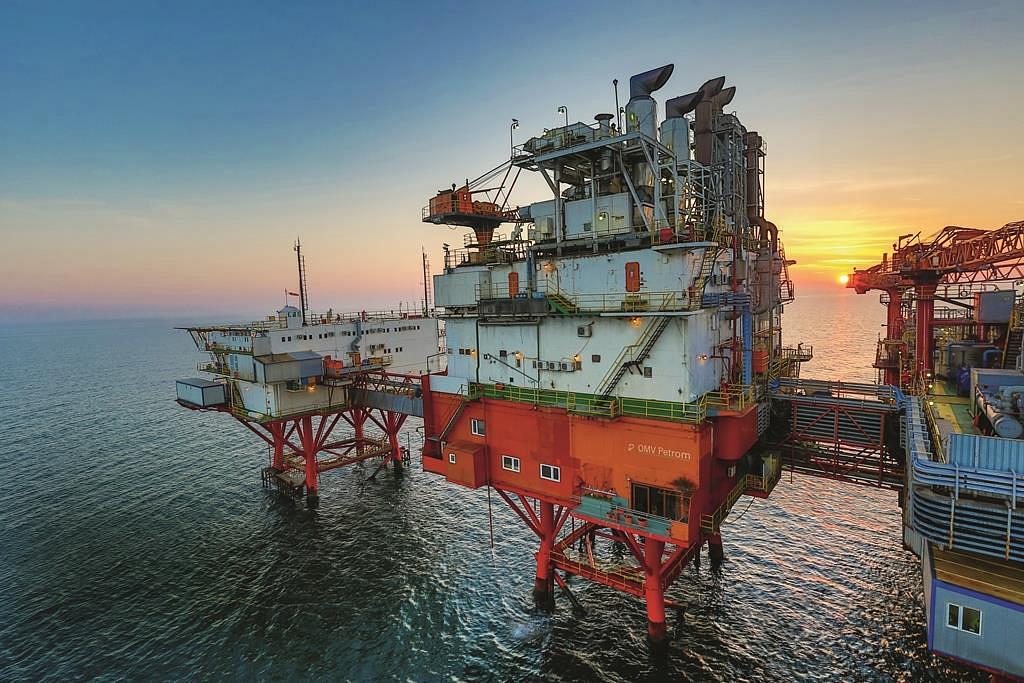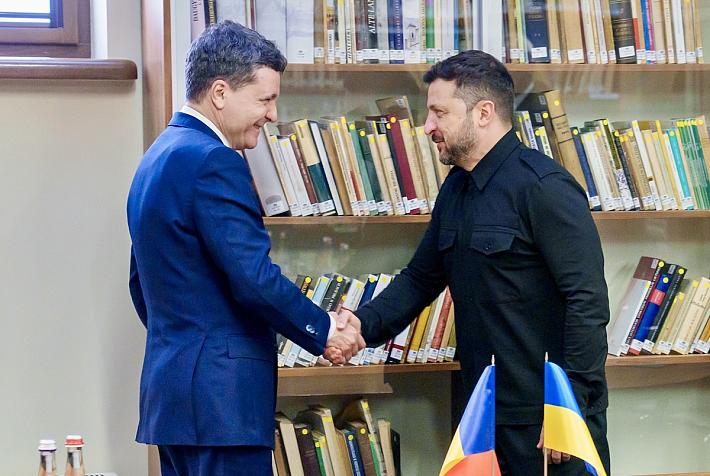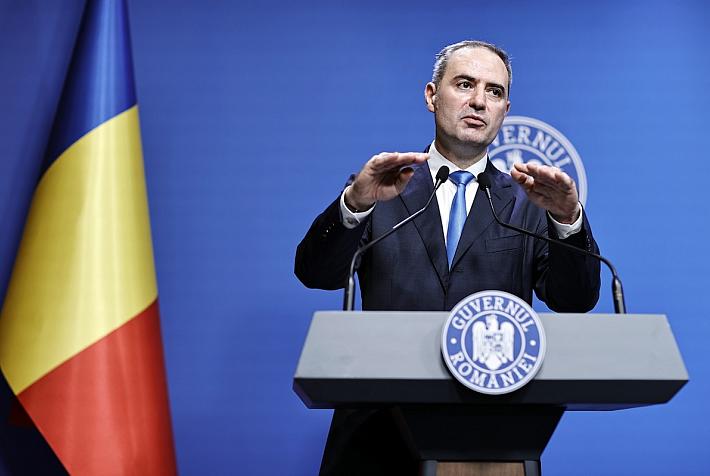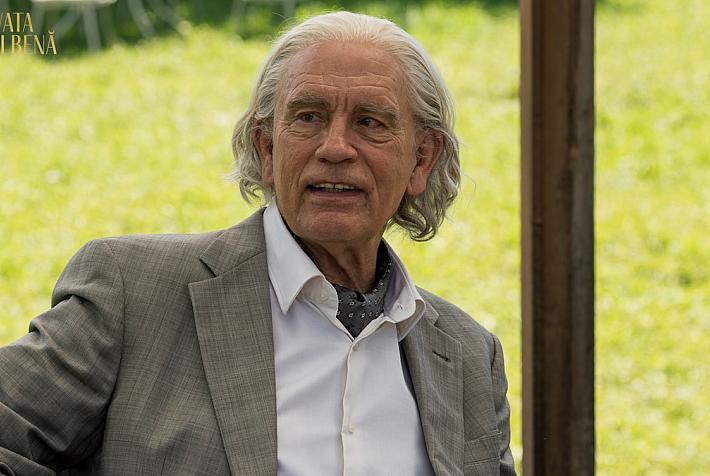OMV Petrom says Romania’s offshore is “huge opportunity”, but more is needed

"The Black Sea is a huge opportunity for both OMV Petrom and Romania, but a free gas market, stable taxation and key infrastructure are necessary to move ahead with the project," OMV Petrom CEO Christine Verchere said at the ZF Power Summit on February 20.
It is “a truly important project” and OMV Petrom wants to go further, so the company will continue talks with the authorities, who also want the project to move on, said the oil company's official, according to local Economica.net.
OMV Petrom deferred, at the end of last year, a decision to go ahead with investments in the Neptun Deep perimeter, where it previously found gas reserves of 48 to 84 billion cubic meters. OMV Petrom runs the project in a 50-50 joint-venture with U.S. group ExxonMobil.
The changes in both offshore law and energy taxation, enacted by Romania overnight, complicated the decision for investors. Furthermore, there is an international context for the Black Sea offshore developments, related to North Stream project sketched by Germany and Russia to bypass the EU energy market regulations, which, according to US officials, make Europe vulnerable in terms of energy dependency.
Black Sea Oil and Gas (BSOG), another offshore perimeter operator in the Black Sea, green-lighted a USD 400 million investment in starting the commercial exploitation, indeed with a lot of “ifs” and “buts.” BSOG, which is controlled by U.S. investment fund Carlyle, expects all the controversial measures adopted by the Romanian authorities eliminated in the following years.
Kent D. Logsdon, the Principal Deputy Assistant Secretary in the Bureau of Energy Resources, visited Romania last week to discuss energy issues in the context of the European Union giving a special statute to North Stream project despite opposition from Romania, Poland, and the Baltic States. He talked to media about the U.S. authorities willingness to provide their know-how to Romanian relevant institutions in designing the best regulations. It was a much softer approach, hence more likely to succeed in unblocking the tensions between oil companies and Romanian authorities, compared to the situation in the past when Chevron insisted on starting shale gas explorations to later abandon the project and pay damages, Profit.ro commented.
editor@romania-insider.com
(Photo source: OMV Petrom)












